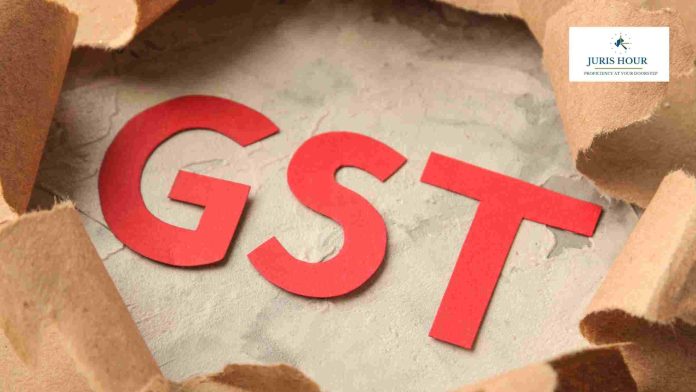The Central Board of Indirect Taxes and Customs (CBIC) has issued the clarification on various doubts related to treatment of secondary or post-sale discounts under GST.
- Whether the full input tax credit is available to the recipient of supply when the recipients make discounted payments to the supplier of goods on account of financial/ commercial credit notes issued by the said supplier?
Section 16 (1) of the CGST Act, 2017 provides that every registered person shall be entitled to take credit of input tax charged on any supply of goods or services or both, which are used or intended to be used in the course or furtherance of his business.
It has been clarified vide circular No. 92/11/2019-GST dated 7th March 2019 that the supplier of goods can issue financial/ commercial credit notes and in such cases, he will not be eligible to reduce his original tax liability. As the transaction value is not allowed to be reduced on account of issuance of financial/ commercial credit note, accordingly the tax charged from the recipient would also not get reduced.
Thus, it is clarified that the recipient will not be required to reverse the Input Tax Credit attributed to the discount provided on the basis of financial/commercial Credit notes issued by the supplier, as there is no reduction in the original transaction value of the supply and accordingly the corresponding tax liability would also not get reduced.
- Whether a post-sale discount offered by a manufacturer to its dealer/ distributor, would be treated as a consideration paid by the manufacturer for the dealer’s supply of the same goods to the end customer as a monetary value of the inducement to supply of goods manufactured by him to the end customer?
Section 2 (31) of the CGST Act, 2017 defines consideration as to include the monetary value of any act for the
inducement of the supply of goods or services, whether by the recipient or by any other person.
In cases where there is no agreement between the manufacturer and the end customer, there are two independent sale transactions, one from the manufacturer to the dealer and the other from the dealer to the end customer. The essence of the matter is that in a contract of sale, the sale is completed on the transfer of title to the goods to the buyer. Once this happens, the buyer becomes the owner of the goods, and the seller has no vestige of the title or claims therein. The dealer takes ownership of the goods purchased from the manufacturer and subsequently sells them to the end customer and the transaction between the manufacturers to dealer operates on a principal-to-principal basis.
These discounts are simply given for competitive pricing to push sales and merely reduce the sale price of the goods and are not linked to any independent activity rendered to the manufacturer. Therefore, it is clarified that such a discount cannot be included in consideration as the monetary value of the inducement of further supply of these goods.
However, in cases where the manufacturer has some agreement with an end customer to supply goods at a discounted
price, the manufacturer may issue commercial or financial credit notes to the dealer, enabling such dealer to provide the goods at the agreed discounted rate to the end consumer. Therefore, it is clarified that such a post- sale discount, given by the manufacturer to the dealer for supplying goods to the end customer at a discounted rate, should be included in the overall consideration as it is an inducement towards the supply of goods by the dealer to the end customer.
- Whether a post-sale discount extended by the manufacturer to the dealer can be treated as a consideration in lieu of the activities performed to promote the sale of the goods?
The matter has been examined. When dealers receive such post-sale discounts, they may engage in promotional activities to boost sales. However, these activities ultimately enhance the sale of goods that the dealers themselves own, thereby increasing their own revenue. In this context, the discount merely reduces the sale price of the goods and is not linked to any independent service rendered to the manufacturer. Therefore, it is clarified that post-sale discounts offered by manufacturers to dealers in such cases shall not be treated as consideration for a separate transaction of supply of services.
However, GST would be leviable in cases where a dealer undertakes specific sales promotional activities, such as advertising campaigns, co-branding, customization services, special sales drives, exhibition arrangements, or customer support services, etc., only when such services are explicitly stated in the agreement with a clearly defined consideration payable for such a supply. In such cases, the dealer provides a distinct service to the supplier, and accordingly, GST would be chargeable.
Notification Details
Circular No. 251/08/2025-GST
Date: 12/09/2025
Read More: DRT Has Jurisdiction To Condone Delay U/s 5 Of Limitation Act: Punjab & Haryana HC

